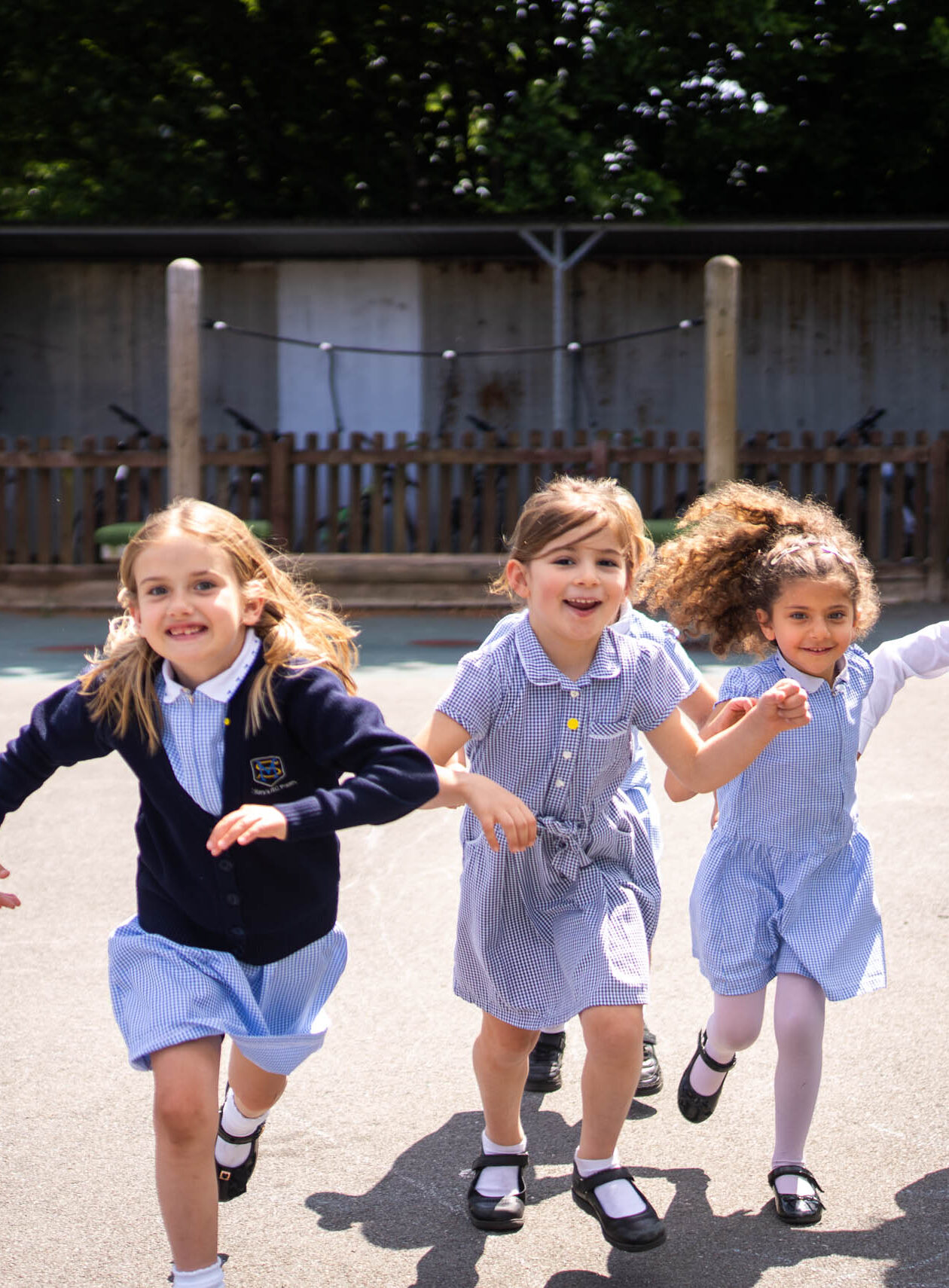Creation to Covenant
Big Question: Why have human beings not always lived as God has wanted them to and what are the effects of this on human beings and the environment?
Judaism
In our ‘Other Faiths’ topic, we study Judaism and the theme we focus on is belonging and values. Yom Kippur is probably the most important holiday of the Jewish year. Many Jews who do not observe any other Jewish custom will refrain from work, fast and/or attend synagogue services on this day. The name “Yom Kippur” means “Day of Atonement”. It is a day set aside to atone for the sins of the past year. There are 10 Days of Awe, before Yom Kippur to put thing right with others. On Yom Kippur, the judgement is sealed. This day is the last chance to demonstrate repentance and make amends.
Branch 3 – Galilee to Jerusalem
Big Question: Why are the Sacraments described as ‘meeting points where God himself is present’?
In this unit, pupils will explore key Christian beliefs through the themes of Hear, Believe, Celebrate, and Live. They will study miraculous signs and key ‘I am’ statements from St John’s Gospel, using specialist religious vocabulary to make links between scripture and Christian beliefs about Jesus. Pupils will examine how these beliefs are expressed through art, music, and worship, recognising different artistic representations of the Gospel signs. They will also learn about the sacraments as meeting points with God, understanding how they are celebrated within the local parish and how they shape the life of the Church community. Throughout the unit, pupils will reflect, respond, and demonstrate their learning through assessment activities and a Celebration of the Word.
Knowledge Organiser Y6 Galilee To Jerusalem Jan 25 Copy
Branch 4 – Desert to Garden
Big Question: How do the events of Holy week shape my life?
In the Year 6 Desert to Garden unit, pupils deepen their understanding of Holy Week through the lens of the Gospel of John. They explore how key Scripture texts reveal deeper meanings about Jesus as the Messiah, including the significance of moments such as the Magnificat and Jesus washing his disciples’ feet. Pupils examine how Jesus’ actions on Holy Thursday and Good Friday demonstrate his love for all people, making clear links between the Gospel accounts, Christian beliefs about the Crucifixion, and the Church’s liturgical practices, particularly the Mass of the Lord’s Supper. They also reflect on the Stations of the Cross as a prayerful response to Christ’s journey to Calvary, recognising how this devotion connects with Christian belief in Jesus’ sacrificial death. Through these studies, pupils develop a thoughtful and coherent understanding of the central events of Holy Week and their importance in the life of faith.






